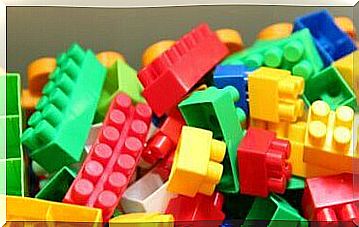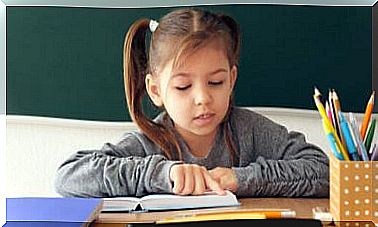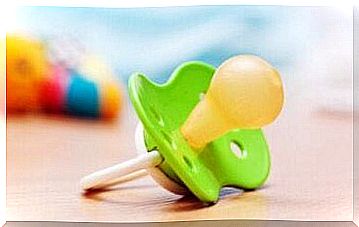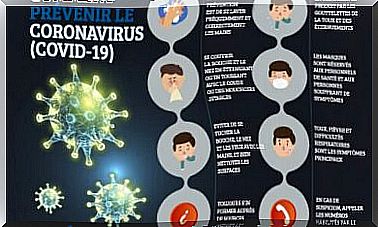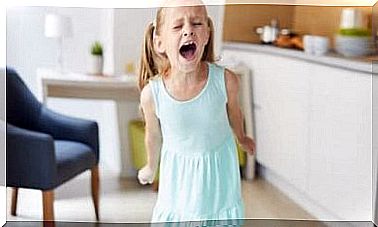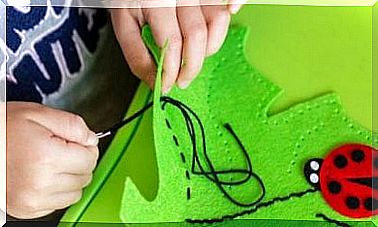The Absorbent Mind Of Children According To Montessori – Being Parents
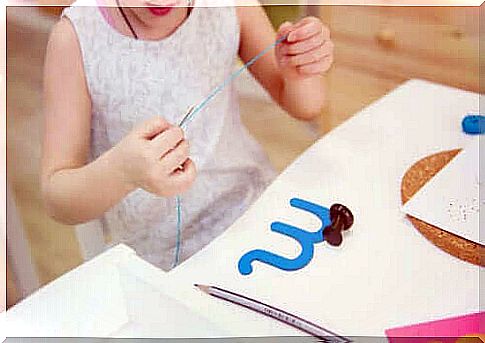
The absorbing mind is an essential concept in the teaching method developed by the doctor and teacher Maria Montessori. His theory teaches us how education should always adapt to the phases of child development. In this article, you will learn more about this concept.
Maria Montessori’s research on children between 0 and 6 years old concluded that these little ones learned almost instantaneously. She compared them with a sponge because they unconsciously absorb all the information of the different stimuli that come from their environment.
The absorbent mind of children according to Montessori
Maria Montessori said that the most important for children’s learning was that they could experience their own experiences according to their rhythms and needs. These experiences will indeed help children develop mental maturity.

On the other hand, Montessori designates the absorbing mind as being the mental state of the child which helps him to assimilate all the experiences he has to then analyze them and incorporate them into his learning. This is done unconsciously for the first three years, then he becomes aware of it for the next three years.
The absorbing mind also helps the little ones to consolidate the bases for the development of their psychic and social identity. Maria Montessori described the period of childhood as a decisive stage in the development of people. This is why it is essential to offer children a good education that encourages them and provides them with the necessary resources for their learning and the construction of their identity.
How does the absorbent mind develop during sensitive periods?
The educator also realized that the mind does not absorb the same at all ages. The child focuses his attention on the stimuli that surround him according to what he needs for his growth and development. Therefore, he concentrates or shows attention for certain things and not for others.
He thus acquires knowledge almost effortlessly and for pleasure by getting closer to those which interest him. These interests of the child depend on the stage of their development and are generally temporary. This is why they are called “sensitive periods”. Even if sometimes they overlap and their intensity and duration vary. What are the sensitive periods?
The sensitive period of the order (from 0 to 6 years)
During this phase, especially the first two years, children show great interest in classifying and categorizing everything around them. It is done through the order.
The sensitive period of movement (from 0 to 5-6 years)
During this phase, they show a particular interest in movement and displacement. And more if they can already walk.
The sensitive period of language (from 0 to 7 years)
During this period, children learn a vast vocabulary without anyone teaching them. They acquire this completely autonomously based on the experience of the stimuli around them.
The sensitive period of sensations (from 0 to 6 years)
Throughout this phase, children develop their senses. From birth, they have the active senses of hearing and sight, but as they grow they acquire greater sensitivity. They then learn through smell, taste and touch.

Sensitive period of small objects (1 to 6-7 years)
At this age, the child has a special interest in small objects and shows a greater need to pay attention to details.
The sensitive period of social life (from life in the womb up to 6 years)
It is about the need for children to have relationships with their peers. In addition to the process of acquiring rules which are essential for a good coexistence in society.
About the absorbing mind …
As you may have seen, the absorbent mind is a concept introduced by Maria Montessori to refer to the unique mental capacity of children at certain ages. Depending on their age, the little ones show a different interest in stimuli in their environment. Just like their absorption capacity, their mind absorbs according to the needs they have as they develop.
It is therefore important that the educational methods used with children not only promote the development of their intellectual capacities, but also encourage learning and adapt to each sensitive period.
